Chad Wingard was in his early 20s when he was racially attacked for the first time. But it wouldn’t be the last. He opens up to CODE Sports Investigation about social media abuse and the most sickening element which continually leaves him ‘absolutely gutted’.
“I would have been 21 or 22 and just remember getting the monkey emoji posted on four or five of my photos – all at once by this user on a fake account,” the Hawks forward recalls.
“There has been plenty that has happened since then, but it was the first time I was attacked online as an AFL footballer, which I wasn’t ready for.
“At that stage in the AFL we weren’t calling it out and so I had to deal with it internally.
“When you see it, you just have this sinking feeling in your guts. It changes your whole day, your whole week. You are just absolutely gutted.
Wingard, 29, has since become a leader in the fight against social media abuse, making a submission to a parliamentary inquiry into online safety last year.
“The individual stuff might happen once a month, but the part that affects you the most is all the other players around the AFL – indigenous players especially – when they get abused – and it almost feels like it happens every week, you feel their pain and want to support them,” he says.
“We are seeing something said every couple of weeks, whether it is at the game or online.
“It’s ridiculous and very hurtful to see.
“Jarman Impey is one of my closest mates in the football world. We speak about this fairly often and the majority of stuff we get is monkey related.
“Whether it is the monkey emoji, the banana emoji or someone just saying you look like a monkey or you look like an ape. They are the most common racial slurs that you cop online.”
Wingard uses Instagram to connect with friends, family and fans but has disabled direct messaging on his settings, blocking those he doesn’t follow from sending messages.
“That’s one way that I protect myself but the stuff that you can’t control is that I want to have a public profile and push a lot of the causes that I am so passionate about to a mass audience – but unfortunately what happens with that is that it gives anybody the ability to comment on any photo of yours.”
He said he was far less concerned about trolling related to his performances on the footy field or supporters venting about lost bets.
“That’s the stuff that you sign up for – the stuff I don’t really care about. You are supposed to perform, that’s your job, and obviously fans are very passionate about their team winning,” he said.
“But there is a line between performance and humanity.”
Wingard said if urgent action isn’t taken at the top level the social media scourge will seep into the lower levels of community sport.
“And they don’t have the support that AFL players get – so they are way more vulnerable than what we are,” he says.
Players are told to block and report attacks but the ultimate solution, Wingard believes, lies with the social media companies and the verification of users.
“If we really want change there has to be accountability,” he says.
“You can easily make a fake profile and hide behind a fake account. That’s the biggest issue because there are no repercussions for the people making these comments.
“And unless we get that far, I just can’t see anything changing.
“If users were verified you could trace back to exactly who it is – I know it would be such a big deal – but it would stop so much online bullying and trolling.
“You’re not going to do it again if you know it is going to impact you.
“And there is so much other stuff that can happen in these accounts like with sexual predators.
“Or if there was a newer, safer platform that we could all get on, that would be beneficial as well.
“We have gone to Gill (McLachlan) and he is trying to do as much as he can because they can see the impact it has.”


